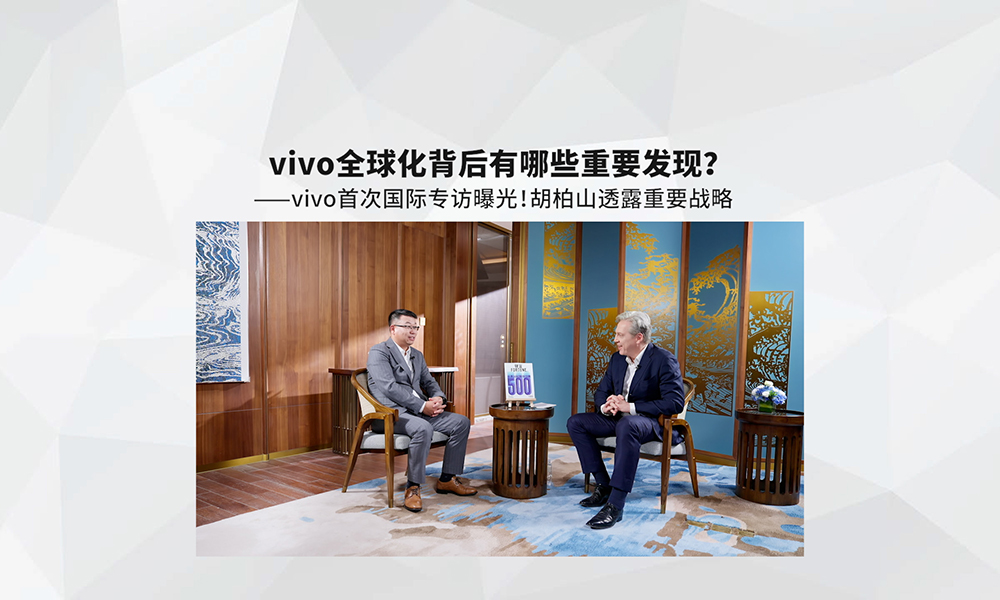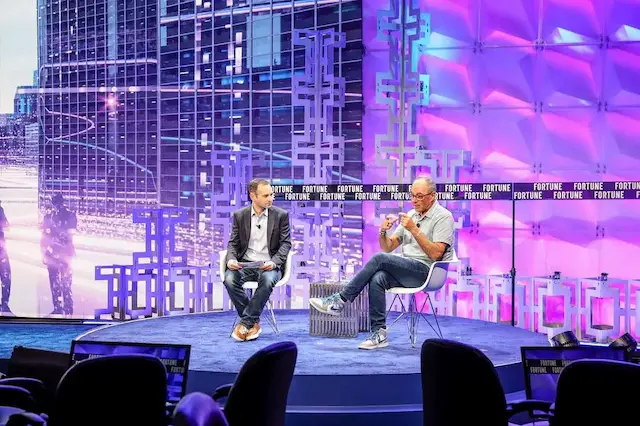商学院向神殿看齐, 冥想促进自我认知
|
哥伦比亚商学院(Columbia Business School),一节领导力课已经进行了将近一个小时,50多名学生仍然正襟危坐,双眼紧闭。一位金发的研究助理用略带德国口音的英语,在前面低声指导学生:“注意鞋子的感觉。” 该校的个人领导力与成功课程(Personal Leadership & Success)由领导力专家海汀德拉•瓦德瓦执教,被认为是哥伦比亚大学最“软”的一门课,尤其是与金融等“硬”课程相比。这门课背后的理念是,优秀的领导力首先要从自我认知开始,因此学生需要进行冥想。 这种观点听起来或许有些奇怪,但美国多家商学院都开设了类似的课程。斯坦福大学(Stanford)从1966年就开始开设一门名为“人际互动”(Touchy-Feely)的课程。而哈佛商学院(Harvard Business School)的类似课程则将这种通过小组学习实现自我认知的理念推向了新的层次。 重塑归属感 哈佛大学的课程由美敦力公司(Medtronic)前任CEO、哈佛大学管理学教授比尔•乔治开设,课程开设的前提是,与家庭和朋友等其他人际网络相比,具有商业思维的领导者团体能够提供更有效的领导力指导。参加这门课的哈佛大学MBA学生来自不同的背景,他们被分成不同小组,共同完成课程作业,分享彼此的人生经历。 通过分享个人经历,可以满足人们对于团队的渴求。乔治在其最近出版的《真北团队》(True North Groups)一书中指出,美国人的社交活动越来越少。在书中,他引用了哈佛大学教授罗伯特•帕特南的研究结果。这项研究发现,美国人在工作之外参加扶轮社(rotary clubs)或宗教团体等团体活动的频率大幅下降。此外,1975年至2000年期间,美国人参加各种俱乐部的人数减少了58%。 因此,一些商学院开始介入其中,而学生也反响良好。在哥伦比亚大学200门选修课中,个人领导力与成功课程是最受MBA二年级学生欢迎的10门课程之一。比尔•乔治在哈佛大学教授的课程共设有240个听课席位。从2008年开始,每年申请该课程的学生均超过600人(目前,乔治负责高管类课程的授课)。从今年开始,专为MBA开设的个人领导力与成功课程将每年增加60个听课席位。 部分学生表示,他们之所以被这种课程所吸引,是因为通过这种课程,他们能够使内心归于沉静。杜克能源公司(Duke Energy)的拉伊•巴克特是哈佛商学院的毕业生,他也曾参加过乔治的课程。他认为,目前,许多企业领导人存在的问题与他们处理数字的能力无关,而是因为价值观的缺失。巴克特说:“目前企业高管最大的失败之处不在于技术上的失误,而是道德上的缺失。” 哈佛商学院校友、电影制片人彼得•比桑茨认为,乔治的课程,以及其他类似课程,可以帮助未来的高管提高他们的道德水准。他说:“如果商界领袖们能够看清自己的优缺点,就不会过度贪婪,也就不会导致金融危机的发生。” 但是,上面提到的两位都是班里的佼佼者,他们对这种方法深信不疑。他们都曾向同学敞开心扉,这种做法给人的第一感觉是,它与商学院的环境格格不入。 乔治在《真北团队》中提到,课程的难处在于,把“令自己突破极限,并影响一生的独特经历”作为“严峻考验” 时刻与其他同学分享。比桑茨表示,有人选择在所有人面前敞开心扉,而所谈的话题往往伴随着强烈的感情冲击——比如,曾有一个人站出来,在全班同学面前出柜,承认自己是同性恋。而比桑茨则选择与同学分享自己酗酒的往事。 乔治在书中写道,要与自己的朋友有这种亲密的互动会有些困难,但这是成为一名领导者所必须具备的能力。巴克特同意他的观点,他说:“怎样才能自然而然地说出生命中面临严峻考验的这一刻,如何才能让自己听起来不至于冷冰冰的?” 但乔治坚决认为,这门课程不应该代替治疗,在讨论中,有一些话题不应涉及。例如,在他的书中,他提到真北团队的一对已婚夫妇,他们希望谈论未婚之前的放荡生活。显然,这样的话题就很不合时宜。 |
About an hour into a leadership class at Columbia Business School, all 50-odd students were sitting rail-straight with their eyes closed. A blonde research associate with the slightest hint of a German accent cooed instructions at the front of the class. "Notice the sensation of your shoes," he said. Personal Leadership & Success, which is taught by leadership expert Hitendra Wadhwa, is considered one of the "softer" offerings at Columbia, especially when compared to "hard" courses such as finance. The idea behind it is that good leadership begins with self-knowledge, hence the meditation exercise. It may seem far out, but there are similar classes at business schools across the country. Stanford has offered a class called "Touchy-Feely" since 1966. And a class at Harvard Business School takes this idea of self-knowledge through group learning a step further. Recreating the community group The class, developed by former Medtronic (MDT) CEO and Harvard management professor Bill George, runs on the premise that groups of business-minded leaders can offer better leadership guidance than other networks, including family and friends. For this class, Harvard MBAs from different backgrounds are put into small groups where they complete coursework together and share deeply personal experiences. Those shared experiences can fill an unmet need for community. Americans have become less social, George argues in his recently published book True North Groups. He cites the work of fellow Harvard professor Robert Putnam, whose research has shown that Americans' participation in groups outside of work, such as rotary clubs or religious groups, has plummeted. According to Putnam's research, the number of people attending meetings of any kind of club in the U.S. dropped by 58% from 1975 to 2000. That's where some business schools are starting to step in, and students are responding. Personal Leadership & Success is one of the top 10 most popular electives for second-year MBA students at Columbia out of about 200 elective courses. Since 2008, over 600 students have applied every year for the 240 spots in Bill George's class at Harvard (George now teaches a version for executives). This year, the Personal Leadership & Success program for MBAs is expanding to take on 60 more students per year. Some students say they are attracted to these kinds of courses because they feel like they are learning to lead in a vacuum. According to Rye Barcott, a Duke Energy (DUK) employee and Harvard Business School alum who took George's class, the problem with many leaders today has little to do with their ability to crunch numbers, but rather a lack of values. "When you think about the biggest failures of corporate executives, they're not necessarily technical failures, but ethical ones, " Barcott says. Programs like George's class can help sharpen those ethics in future executives, says HBS alum and film executive Peter Bisanz: "I think that if our business leaders had insight into their own strengths and weaknesses, we would not have had the excessive greed that would have led to the financial crisis." Granted, both of these men were star students in the class and they believe in the methodology. But they both opened up to their peers in ways that may seem, at first glance, out of place in a business school setting. The crux of George's class is the students' identification of a "crucible" moment, described in True North Groups as sharing with their groups "the singular experience that has tested you to the limits and impacted your life." Some choose to open up in front of everyone, and these crucible moments can be intense -- one person stood up and came out as a homosexual in front of the whole class, Bisanz says. Bisanz himself shared his experience with alcoholism. It can be tough to have the kind of intimate interactions with personal friends that are necessary to grow as a leader, George argues in his book. Barcott agrees: "How do you bring up what the crucible moment is in your life without sounding like a tool?" The program is no stand-in for therapy though, George insists, and some topics should stay out of these discussions. For example, in his book, he refers to a married couple in a True North group that wanted to talk about issues they had been having as swingers. It was disruptive. |











